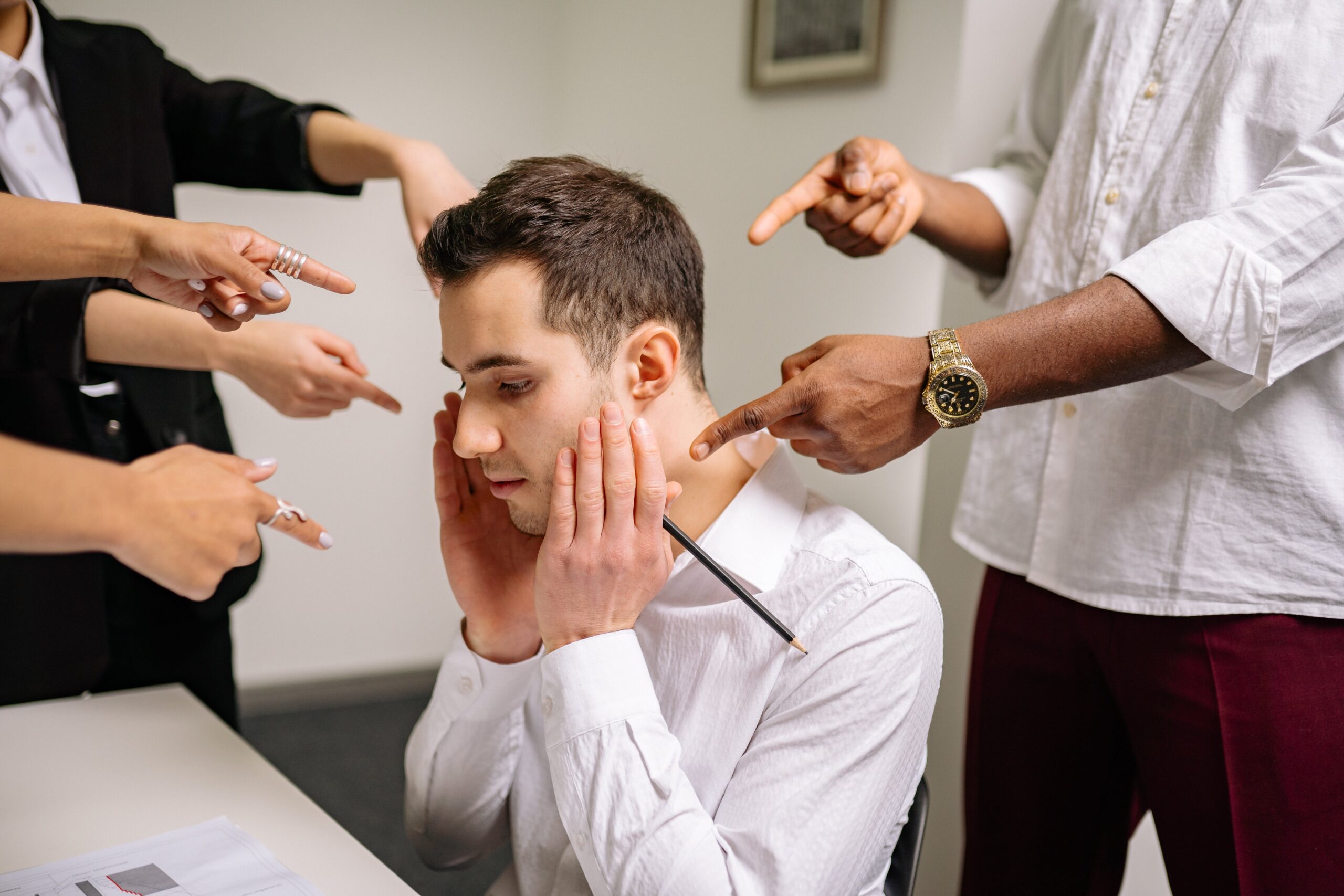When we hear the word “bullying,” we often think of children being tormented in school playgrounds or teenagers facing online harassment. But let’s debunk a myth right now: bullying isn’t confined to the younger generations. Adult communities— be it workplaces, social organizations, or even family units —are not immune to this troubling behavior. At RevCore Recovery Center, we believe it’s crucial to tackle the issue of bullying from a mental and behavioral health perspective, no matter your age.
The Reality of Adult Bullying
Bullying is often viewed as a problem exclusive to schoolyards and youthful environments, but the sobering truth is that it persists well into adulthood. Many of us move on to full-time jobs, parenting responsibilities, and membership in various social organizations, only to encounter a different, often subtler, form of bullying.
In workplaces, what should be sanctuaries of professionalism can sometimes harbor toxic behaviors like belittling comments, sabotage, and misuse of authority. Similarly, social organizations like clubs or religious communities, intended to be refuges for shared interests, can morph into breeding grounds for adult bullies practicing power plays and manipulation.
The effects are not trivial; the emotional, psychological, and even physical stress incurred can lead to severe mental health issues. At RevCore Recovery Center, we see the very real repercussions of adult bullying: escalating stress and anxiety, eroding self-confidence, and in the most serious instances, the onset of depressive symptoms that can make daily life overwhelming. This paints a vivid picture of how adult bullying, though often more nuanced than its youthful counterpart, is equally damaging and warrants our urgent attention.
How to Address Adult Bullying
1. Identify the Behavior
Understanding the dynamics of adult bullying is crucial. It often comes masked as sarcastic comments, exclusion, or even undermining someone’s work or contributions.
Example: If a co-worker constantly interrupts you during meetings, belittles your ideas when you speak, or talks about you behind your back, these are signs of bullying that you shouldn’t ignore.
2. Document the incidents
Recording each incident can offer valuable insight into patterns of behavior, and it serves as tangible proof should you need to escalate the issue.
Example: Create a confidential document where you note the date, time, place, people involved, and a detailed description of each bullying incident. For instance, if your boss yelled at you in front of your team, document what was said, who witnessed it, and how it made you feel emotionally.
3. Seek support
Sharing your experience can be liberating and offers you different perspectives on how to tackle the issue.
Example: You could confide in a close friend or family member about what you’re going through. Alternatively, if your workplace has a human resources department, you might consider discussing the issue there for an official resolution. Sometimes, talking to someone who has been through a similar situation can offer valuable advice.
4. Confront the bully
If you feel it’s safe and might be productive, consider addressing the bully directly. This step should be carefully considered, and perhaps even rehearsed with a trusted person.
Example: In a neutral setting where you feel safe, you might say something like, “I’ve noticed you’ve been treating me unfairly, and I’d like it to stop. Can we discuss this?” Keep the tone firm but non-confrontational, focusing on “I” statements that describe how the bully’s behavior impacts you.
5. Seek professional help
Sometimes bullying can take such a severe emotional toll that professional intervention becomes necessary. This can range from counseling services to legal advice.
Example: If bullying leads to crippling anxiety or depression, speaking to a therapist can provide you with coping mechanisms. In more extreme cases, particularly when bullying becomes a legal issue, consulting a lawyer to explore your options can be a wise move.
Takeaways
Bullying isn’t a problem that magically disappears when you reach adulthood. It’s a pervasive issue that can have lasting impacts on mental and emotional well-being. But by acknowledging the problem and taking active steps to address it, we can foster healthier, more respectful adult communities.
At RevCore Recovery Center, we’re here to help you navigate these challenges. Whether you’re dealing with bullying directly or witnessing it within your community, our team is equipped to provide you with the mental and emotional support you need to heal and thrive. Contact us at (212) 966-9537 or reach out at www.revcorerecovery.com.
